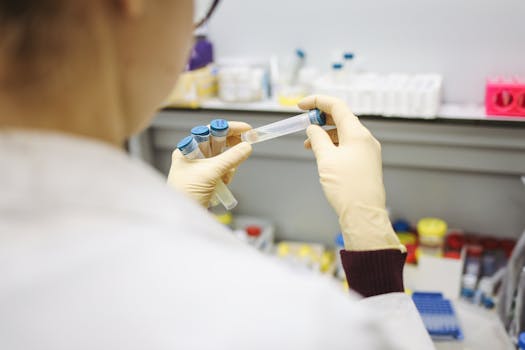
Introduction to Vaccines
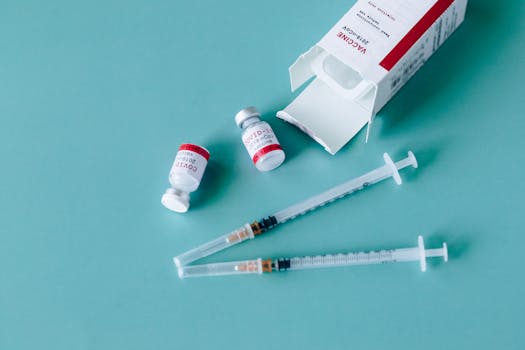
The science behind vaccines is crucial in understanding public health. Vaccines play a pivotal role in preventing infectious diseases, enhancing immunity, and protecting communities. This article delves into the mechanics of vaccines, their historical significance, and their contributions to global health.
How Vaccines Work
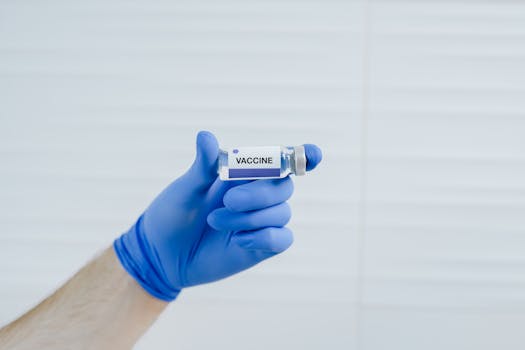
Vaccines stimulate the immune system to recognize and combat pathogens. They contain antigens, which are harmless parts of the virus or bacteria that cause disease. Upon vaccination, the body produces antibodies, preparing it for future encounters with the actual pathogen.
Types of Vaccines
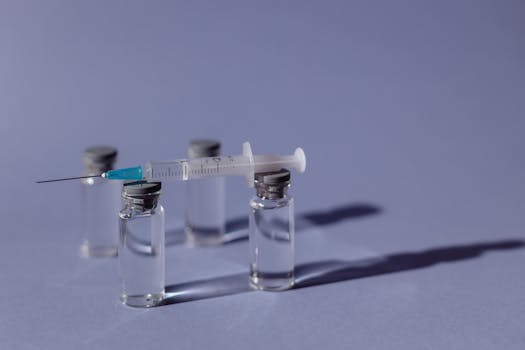
There are several types of vaccines, including:
- Live-attenuated vaccines: These contain weakened forms of the virus.
- Inactivated vaccines: These contain killed versions of the pathogen.
- Subunit, recombinant, or conjugate vaccines: These use specific pieces of the pathogen.
- mRNA vaccines: These use messenger RNA to instruct cells to produce a protein that triggers an immune response.
The History of Vaccination
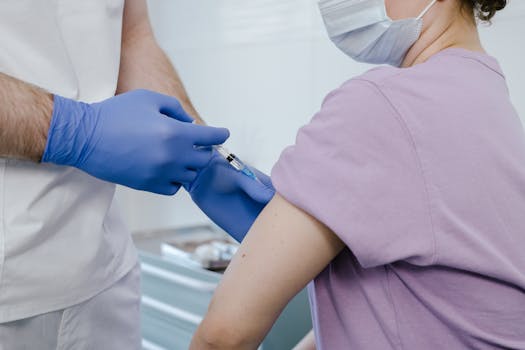
The concept of vaccination dates back to the late 18th century with Edward Jenner’s smallpox vaccine. Since then, vaccines have evolved significantly, leading to the eradication of smallpox and the near-eradication of diseases like polio and measles.
Public Health Impact
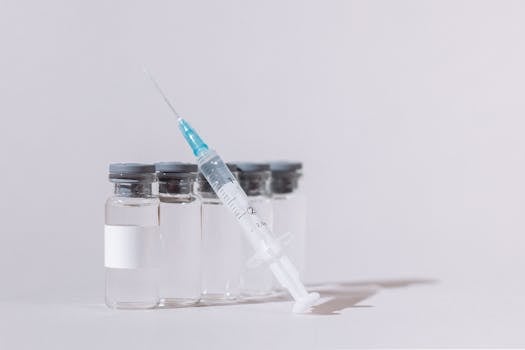
Vaccines have a profound impact on public health. They not only prevent individual illnesses but also contribute to herd immunity, protecting those who cannot be vaccinated. The World Health Organization estimates that vaccines save 2-3 million lives each year.
Challenges and Misconceptions
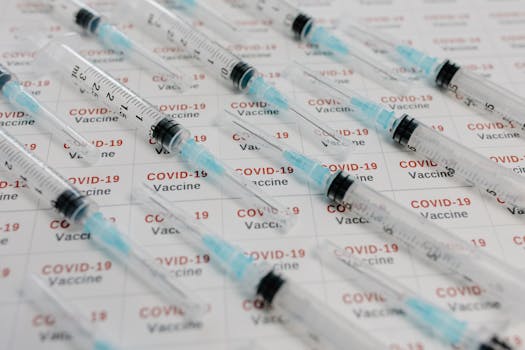
Despite their benefits, vaccines face challenges such as misinformation and vaccine hesitancy. Addressing misconceptions is vital to ensure higher vaccination rates and maintain public health.
Conclusion
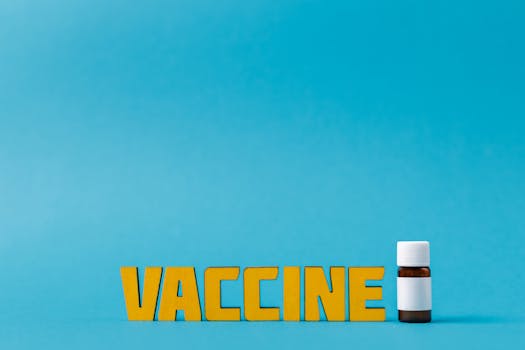
The science behind vaccines is a cornerstone of public health. Their ability to prevent disease and save lives cannot be overstated. Continued education and advocacy for vaccination are essential in the fight against infectious diseases.



